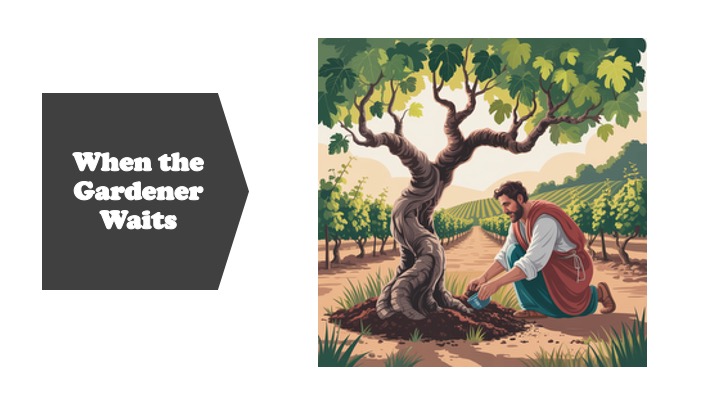Paul’s ministry in Thessalonica is a powerful example of boldness in preaching the Gospel despite the potential for opposition. Upon arriving in the bustling city, Paul strategically engaged with the local synagogue, grounding his message in the Scriptures and connecting with both Jews and God-fearing Gentiles. His approach highlights the importance of understanding our audience, using wisdom to connect the message of Christ with their existing beliefs, and relying on the Holy Spirit for guidance.
However, Paul's message did not go unchallenged. As he proclaimed the fulfillment of the Messianic prophecies in Jesus, opposition began to grow among those who felt threatened by this new teaching. Despite the severe resistance, Paul remained steadfast, building a community of believers who would continue to grow in their faith. He didn't just preach and leave; he formed relationships, provided guidance, and encouraged the Thessalonian believers to support one another, emphasizing the importance of community in the Christian faith.
Even after leaving Thessalonica, Paul's concern for the fledgling church did not wane. He continued to disciple the believers through letters and sent Timothy to encourage them, demonstrating the importance of follow-up and ongoing discipleship in ministry. Paul’s experiences in Thessalonica, Berea, Athens, and Corinth serve as a reminder of the enduring power of the Gospel and the necessity of relying on the Holy Spirit as we navigate our own ministry efforts. His journey teaches us to be resilient in the face of adversity, to build strong communities of faith, and to trust in God’s guidance as we continue the work He has entrusted to us.

After having explored spiritual insights and lessons from black history, in recognition of Black History Month in the United States, we begin a new...

The Parable of the Barren Fig Tree (Luke 13:6-9) is a concise yet powerful teaching delivered immediately after Jesus warns His listeners that they...

The Book of Jeremiah records the final prophecies to Judah, warning of oncoming destruction if the nation does not repent. Jeremiah calls out for...